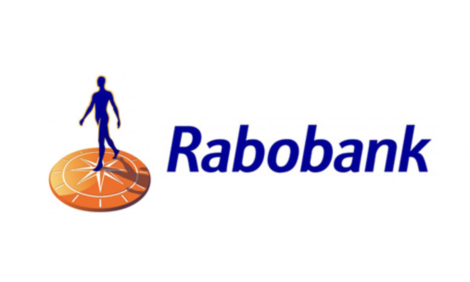



UK Government Must Compensate, Says NFUS
UK - The UK Government must compensate Scotland’s livestock farmers for the crisis brought about by the release of Foot and Mouth Disease (FMD) from the government-licensed facility at Pirbright.
NFU Scotland has outlined the options the UK Government must consider to address the financial and welfare crisis affecting Scotland’s livestock industry. They are:
NFUS President Jim McLaren said:
“We are facing a catastrophe not of farmers making, but which has resulted from negligence at a government-licensed facility. The UK Government has a moral responsibility to address the consequences of this crisis. I take some encouragement from the Prime Minister’s recent remarks about looking at industry losses. We hope over the next few days to work closely with the Scottish Government to put a case to London for immediate aid to address the financial and welfare disaster which has emerged on farms across the country.
“Using existing schemes can be the quickest way to address the cashflow crisis. We estimate the current crisis has cost the Scottish sheep industry at least £50 million so far.
“The animal welfare problem is growing by the day. We are pushing to have the welfare scheme for light lambs operational at the start of next week. Tragically, we have now reached the point where older breeding pigs also have to be disposed of because there is no room for them on-farm and no market for them. Dairy bull calves have also had their only market outlet closed.
“We stressed forcefully this morning that the current 20-day shutdown for any farms that bring new animals on is unworkable. We need the Scottish Government to reintroduce separation facilities to free up business at the busiest time of year. We have at least won an exemption from the domestic standstill for any breeding males coming on to farm, but this won’t address the big problem.
“The strings attached to the export deal, particularly the 21-day ban on new animals coming onto farm before export animals can move, will stifle most of the export trade. Even the breeding male derogation won’t extend to this particular standstill. We need all these restrictions reviewed before the limited lifting of the ban on 12 October.”
- Additional funding for the Less Favoured Areas Support Scheme (LFASS) to get lifeline payment to the hill and upland areas
- Early payment of existing Single Farm Payment and LFASS monies
- Increased public procurement of Scottish and British red meat
- A welfare disposal scheme for light lamb and for older ewes
- A headage payment on breeding ewes to compensate for market losses
- A welfare scheme for dairy bulls calves, whose export market is closed
- A welfare scheme for cast sows, as these pig exports have also been shutdown
- Compensation for market losses in the pig industry, estimated to be at least £5 per pig An extension of the Older Cattle Disposal Scheme, which is facing a backlog due to FMD restrictions
NFUS President Jim McLaren said:
“We are facing a catastrophe not of farmers making, but which has resulted from negligence at a government-licensed facility. The UK Government has a moral responsibility to address the consequences of this crisis. I take some encouragement from the Prime Minister’s recent remarks about looking at industry losses. We hope over the next few days to work closely with the Scottish Government to put a case to London for immediate aid to address the financial and welfare disaster which has emerged on farms across the country.
“Using existing schemes can be the quickest way to address the cashflow crisis. We estimate the current crisis has cost the Scottish sheep industry at least £50 million so far.
“The animal welfare problem is growing by the day. We are pushing to have the welfare scheme for light lambs operational at the start of next week. Tragically, we have now reached the point where older breeding pigs also have to be disposed of because there is no room for them on-farm and no market for them. Dairy bull calves have also had their only market outlet closed.
“We stressed forcefully this morning that the current 20-day shutdown for any farms that bring new animals on is unworkable. We need the Scottish Government to reintroduce separation facilities to free up business at the busiest time of year. We have at least won an exemption from the domestic standstill for any breeding males coming on to farm, but this won’t address the big problem.
“The strings attached to the export deal, particularly the 21-day ban on new animals coming onto farm before export animals can move, will stifle most of the export trade. Even the breeding male derogation won’t extend to this particular standstill. We need all these restrictions reviewed before the limited lifting of the ban on 12 October.”








